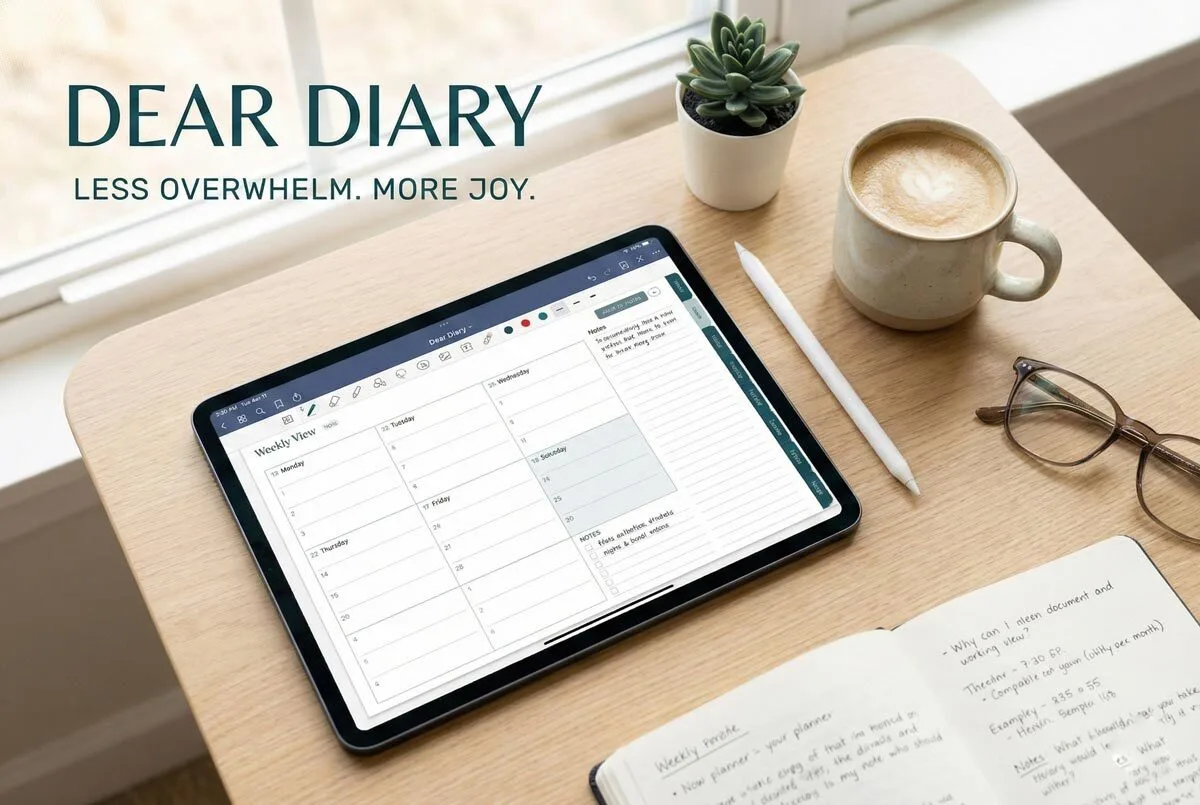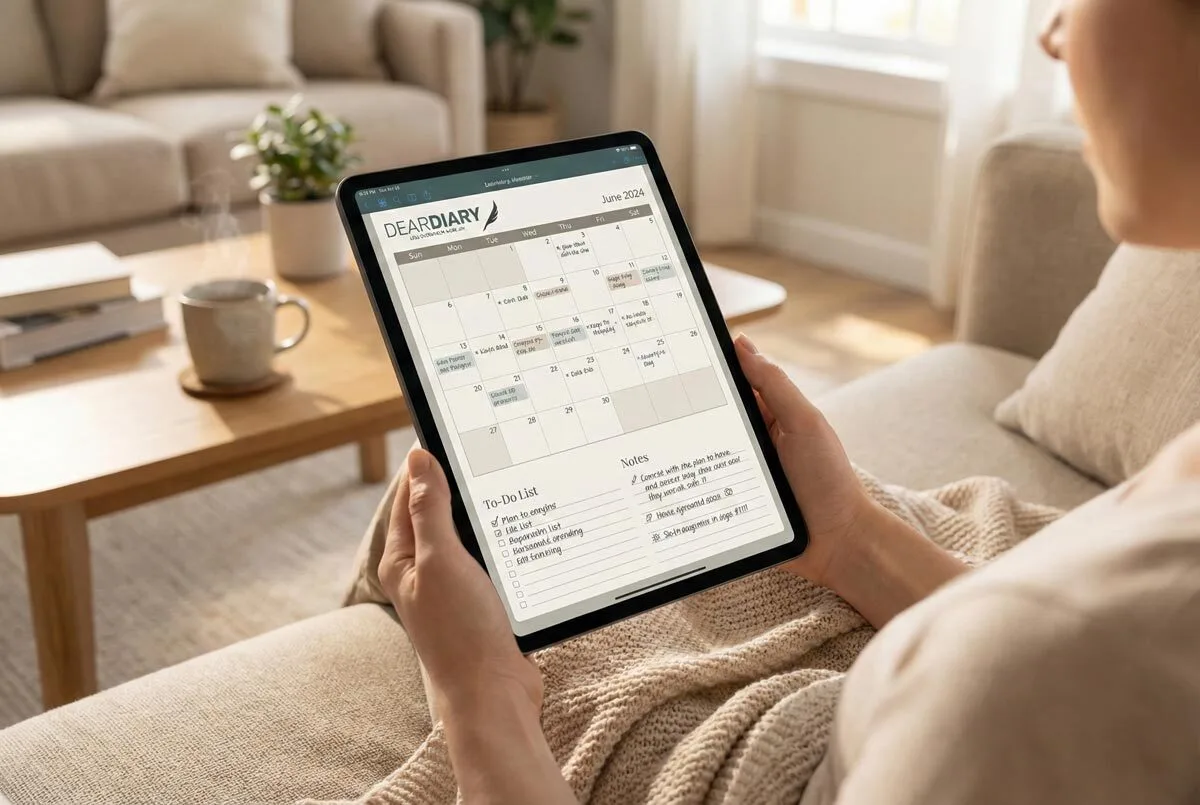You’ll gain access to significant savings by booking during off-season months like winter, when venues offer better availability and reduced pricing compared to peak summer demand. Secure your preferred date 12-18 months ahead, especially for popular locations requiring substantial deposits of 25-50%.
Coordinate around 85% of local guests and 55% of out-of-town attendees while avoiding religious holidays like Ramadan, Diwali, and Heritage Day that follow lunar calendars. Smart timing strategies reveal insider secrets that alter your planning experience.
Key Takeaways
- Book venues 12-18 months in advance, particularly for peak seasons, and prioritise fixed-date locations first.
- Select off-season dates such as winter or weekdays for improved availability, reduced costs, and lower weather risks.
- Coordinate schedules with 85% of local guests and avoid religious holidays, cultural celebrations, and significant milestones.
- Plan morning ceremonies and water-adjacent venues to manage heat, whilst ensuring indoor backup options for adverse weather.
- Set RSVP deadlines 2-3 months prior and allow for 20% last-minute changes in guest attendance.
Understanding South Africa’s Seasonal Wedding Advantages

When you’re planning your South African wedding, understanding seasonal advantages can save you thousands of rands whilst securing better vendors and venues. Comprehending regional weather patterns helps you avoid costly mistakes. Coastal areas like Western Cape offer Mediterranean climates perfect for outdoor ceremonies during November-February, whilst inland Gauteng faces unpredictable rainy seasons.
Your timing directly impacts guest convenience. December holidays align beautifully with family schedules, though you’ll compete with peak pricing. Smart couples consider shoulder seasons—April-May and July-August—when venues slash rates and vendors eagerly negotiate. Understanding these patterns becomes even more crucial given that financial hardships significantly influence modern relationship decisions and wedding planning capabilities.
Smart couples leverage shoulder seasons when venues slash rates and vendors eagerly negotiate better deals.
Spring months deliver stunning blooming flora without summer’s weather risks. With 80-100 guests being the average for designer weddings in South Africa, seasonal venue capacity becomes a critical consideration for your planning timeline. For a touch of personal flair, consider using floral planner stickers to organise your wedding timeline with a seasonal theme.
Regional demand varies dramatically. Gauteng dominates with 23% of civil marriages, creating fierce competition. Meanwhile, coastal provinces attract destination wedding tourism, influencing their peak seasons differently than rural areas.
Wedding Planner
Your dream wedding starts here! The Dear Diary Wedding Planner is the perfect companion for engaged couples, designed to help you stay organized, stress-free, and inspired throughout your wedding planning journey.
In stock
Navigating Cultural and Religious Calendar Considerations
You’ll face a calendar minefield when planning your wedding around South Africa’s diverse religious and cultural terrain.
Religious holidays like Ramadan, Diwali, or Easter can clash with your ideal date.
Cultural traditions such as Heritage Day celebrations might conflict with family availability.
Simple research strategies like checking online religious calendars can prevent unintentional exclusion of important guests.
Smart couples check interfaith calendars early and prioritise dates that honour both families’ most sacred observances. Creating advisory committees with diverse family representation helps prevent oversights and ensures all voices are heard in the decision-making process.
Using a digital teacher planner can help organise wedding planning tasks alongside cultural and religious dates to ensure nothing is missed.
Religious Holiday Timing
Because religious observances follow different calendar systems, scheduling events around them requires far more precision than marking Christmas on 25 December. You’ll need to verify lunar holidays within six months of your event since moon sightings can shift dates regionally. Using a comprehensive tool like a wedding planner book can help you track these dates and avoid conflicts with religious observances.
| Calendar Type | Timing Challenge |
|---|---|
| Lunar holidays | Begin at sundown, not midnight |
| Extended observances | Ramadan spans 30 days, Yule 12+ days |
| Regional variations | Eid timing differs between hemispheres |
Start checking interfaith calendars from ADL or Brandeis twelve months ahead. Leave two-week buffers around major observances like Passover or Diwali. Remember that fasting periods and pre-holiday preparations affect attendance just as much as the actual dates themselves. In South Africa’s diverse religious landscape, this is particularly important given our significant Muslim, Hindu, Jewish, and Christian communities. When couples participate in shared religious activities, they strengthen their bond and enhance their compatibility, making joint attendance at important events even more meaningful. Consider planning shorter dating periods to maintain appropriate boundaries while navigating these important religious observances together.
Cultural Tradition Conflicts
Cultural Tradition Conflicts
Religious calendars aren’t the only complication you’ll face when planning events across cultures. Dating traditions create their own minefield of expectations that can derail even well-intentioned gatherings.
Consider payment protocols—whilst Japanese culture expects men to cover all costs, American attendees might anticipate splitting bills. You’ll need clarity upfront to avoid awkward moments at checkout. To add a personal touch to invitations or event decor that resonates with diverse guests, consider using themed stickers like Pink Florals stickers to symbolise unity and beauty across cultures.
Physical interaction norms vary dramatically too. Indian guests may feel uncomfortable with casual touching that Brazilian participants consider normal. Establish appropriate boundaries beforehand.
Family involvement levels differ considerably. Some cultures expect extensive family participation in relationship decisions, whilst Western traditions emphasise individual choice. Cultural differences can lead to decreased relationship satisfaction and higher breakup risks when partners have conflicting expectations about family roles.
Navigate these expectations by understanding each participant’s cultural background and communicating openly about comfort levels and traditions. Additionally, implement real-time conflict detection to identify scheduling overlaps that could create uncomfortable situations for different cultural groups.
Budget-Smart Date Selection Strategies
You don’t need to empty your savings account to create memorable dating experiences that truly bring you closer together. Smart couples master the art of affordable activity planning by focusing on shared experiences rather than costly venues.
Split-cost date ideas ensure both partners contribute equally without financial pressure. Consider exploring free museum days using community calendars to visit art galleries, history exhibitions, or science centres at no cost. Thrifting together turns ordinary shopping into an exciting treasure hunt where you can uncover unique finds while discovering each other’s tastes. The key lies in recognising that creativity and thoughtfulness matter far more than your credit card limit when building genuine connections.
Affordable Activity Planning
How can you plan memorable dates without watching your budget disappear faster than your last relationship? You’ll need strategic expense allocation that aligns activities with your financial goals. Start by analysing your historical spending patterns to identify seasonal cost trends.
Winter activities typically cost 20-30% less than summer outings, so schedule expensive dates during low-cost periods.
Use variance analysis to compare planned versus actual expenditures. If dinner dates consistently exceed your £800 budget by 15%, adjust future allocations accordingly.
Prioritise free entertainment options over paid alternatives when possible – hiking beats cinema trips for both connection and cost-effectiveness.
Implement statistical budget optimisation by tracking spending deviations monthly. Review previous date expenses to create accurate forecasts, then harness off-peak pricing for restaurants and entertainment venues.
Split-Cost Date Ideas
While 56% of people now expect bill-splitting on first dates, smart couples are discovering that sharing costs doesn’t mean sacrificing romance—it’s actually unveiling better experiences at half the price.
Consider community theatre performances at R80-160 per ticket instead of R1,600 shows at major venues. You’ll enjoy intimate venues whilst supporting local artists.
Cooking classes offer hands-on fun for R400 each, creating memories and practical skills.
Museums, botanical gardens, and art galleries provide sophisticated conversation starters without breaking budgets. Many offer free or reduced admission days—perfect timing for thoughtful partners.
The real advantage? Splitting costs lets you visit higher-end restaurants more frequently. That R2,000 average South African date becomes manageable at R1,000 each. You’re not being cheap; you’re being strategic about creating sustainable dating habits that prioritise connection over expense.
Venue Availability and Booking Timeline Secrets
Before you fall in love with that perfect venue, understanding the booking timeline reality will save you heartache and stress. Most venues require booking 12 months in advance, but popular locations demand 18+ months during peak seasons such as June and September.
Here’s your strategic approach:
- Prioritise your must-haves: Fixed dates need earlier action than flexible timing.
- Consider off-season advantages: Winter and weekday bookings offer shorter timelines.
- Budget for deposits: Expect 25-50% upfront when securing your date.
- Coordinate vendor availability: Popular photographers and DJs book 12-18 months out.
Post-pandemic demand has shifted everything earlier, with engagements stretching 15-19 months.
If you’re flexible on dates, you’ll find better options and potentially lower costs.
Weather Patterns That Make or Break Your Day
After securing your dream venue and date, Mother Nature gets the final vote on whether your wedding proceeds as planned. Recent climate shifts mean weather-related disturbances affect one-third of outdoor events.
Mother Nature holds veto power over your perfect wedding day as climate shifts now disrupt one-third of outdoor celebrations.
With 52 major celebrations cancelled due to veld fires and smoke alone, smart couples now plan around these emerging patterns:
- Avoid peak summer months – The inland provinces face 23% fewer suitable outdoor days, while extreme heat pushes celebrations into shoulder seasons.
- Schedule morning ceremonies – Beat afternoon humidity spikes that make 30°C feel like 35°C.
- Choose water-adjacent venues – Dams and rivers create natural cooling microclimates for guest comfort.
- Secure backup indoor spaces – Severe thunderstorms and hail now hit 25% harder, making contingency plans essential.
Your guests’ comfort depends on grasping these evolving weather realities.
Family and Guest Scheduling Coordination

Juggling everyone’s schedules transforms your perfect date into a logistical puzzle that will test your patience.
You’re coordinating 85% local attendance compared to 55% for out-of-town guests, whilst avoiding major holidays, family birthdays, and religious observances.
Start by checking your VIP list against milestone dates.
Avoid Christmas, Heritage Day, Youth Day, and cultural conflicts that will reduce attendance.
Weekend dates consistently outperform weekdays, though you will pay premium pricing.
Send invitations early—57.6% of RSVPs arrive within five weeks, peaking at week three.
Set RSVP deadlines 2-3 months in advance, but expect 20% last-minute changes regardless.
Consider travel logistics carefully.
Secure hotel blocks for distant relatives, arrange shuttle services, and provide childcare options.
Digital RSVPs generate higher response rates than traditional paper, streamlining your coordination efforts significantly.
Legal Requirements and Documentation Timing
Your perfectly coordinated guest list won’t matter if you’re missing the legal paperwork that actually makes your ceremony official.
South African marriage licences require strategic timing that’ll protect your guests from disappointment.
You’ve got exactly 60 days from issuance to complete your ceremony, but there’s a mandatory 24-hour waiting period before it’s even valid.
Here’s your documentation timeline:
- Apply 1-2 weeks before your ceremony – giving yourself buffer time without risking expiration.
- Gather divorce decrees now – if either of you divorced within six months, you’ll need certified copies.
- Confirm your venue’s jurisdiction – licences only work in their issuing magisterial district.
- Bring cash for fees – some offices won’t accept cards for their R580-R1,080 charges.
Your guests deserve a legally binding celebration.
Frequently Asked Questions
How Long Should We Date Before Getting Engaged?
You should date for 2-5 years before getting engaged, focusing on shared values and conflict resolution rather than timelines. Don’t rush due to pressure—prioritise emotional readiness, financial stability, and your partner’s genuine compatibility first.
What Are the Key Relationship Milestones to Achieve Before Marriage?
While some couples hurry towards rings, prudent partners focus on building stronger foundations. You’ll want effective conflict resolution, financial openness, family integration, discussions on sexual compatibility, a shared vision for the future, and communication that’s been tested under stress before pledging your troth.
Do Men and Women Have Different Expectations About Dating Timelines?
You’ll find men and women often differ on dating timelines. Women typically seek shared relationship goals earlier, whilst men may feel less pressure about timing. Comprehending these differences helps you support couples manoeuvring their unique pacing preferences.
When Is It Appropriate to Become Sexually Intimate in Relationships?
Want deeper relationship satisfaction? You’ll find that waiting several weeks or longer before becoming sexually intimate strengthens communication, builds trust, and increases long-term stability compared to rushing into physical intimacy early.
How Do Regional Differences Affect Dating and Engagement Expectations?
You’ll discover romantic anticipation differs significantly by area – Utah’s strict devotion criteria differ markedly from South Carolina’s adaptability, whilst urban zones prioritise discernment and rural communities demonstrate receptiveness owing to limited dating options.







